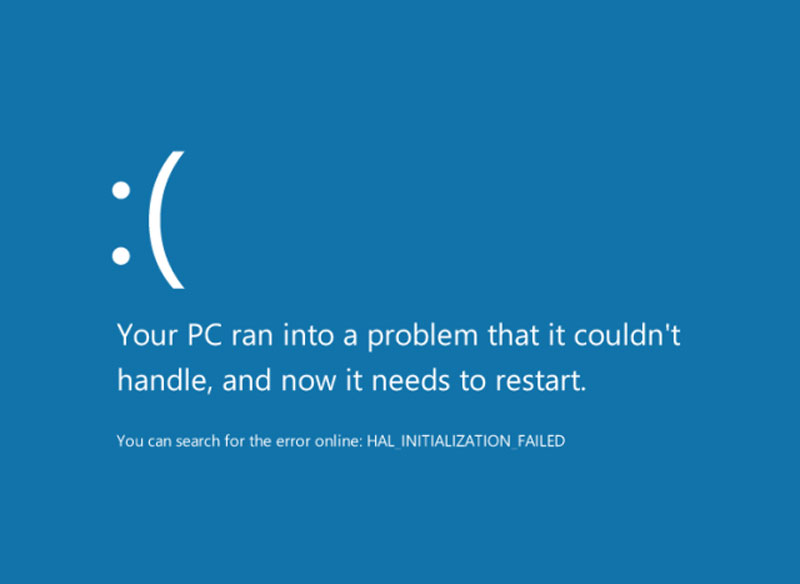For B2B marketers, some audiences come easier than others. For instance, there’s enough crossover between “marketing” speak and “business” speak that writing for an enterprise audience is relatively straightforward.
On the other end of the spectrum, though, engineers can seem completely opposed to the usual corporate tone. Both software and industrial engineers can also be distrustful of slick marketing spin – making them a tough nut for content marketers to crack.
Here’s a few tips for writing for this challenging audience.
Be specific
Engineering revolves around finding problems and solving them as efficiently as possible. Engineers are often very focused on efficiency and practicality as a result, so you need to make sure your writing is as well.
Any waffle, rambling intros or anything else that stops your content from getting straight to the point is going lose an engineering audience.
Don’t be too corporate
Unlike other business audiences, many engineers are unlikely to trust your content just because it comes from your brand. No two engineers are the same of course, but as a general rule of thumb your content will go further with engineers if it’s based on evidence and clear expertise as opposed to brand recognition.
So, if you can link your content to a specific product expert (preferably another engineer), that can go a long way to establishing you as a credible voice that engineers should pay attention to.
Offer advice, not products
Like most professionals, engineers want to solve problems. Sometimes that involves using a product or service, but sometimes it doesn’t.
With this in mind, practical advice and technical specifics are more valuable than a selection of products and services. So, going straight for the jugular with product features and benefits will come across as unhelpful – and lose you a lot of goodwill.
Instead, start with practical advice. Tips and tricks, important equations or conversion tables, FAQs – anything that will offer value and help them do their job, without pushing a sale.
Don’t convince them – help them convince their boss
Engineers are smart cookies. If something’s a genuine problem, you probably don’t need to convince them, and you probably don’t have to tell them how your product solves it. They’ll have worked that out long before you get to the end of your blog, white paper or video.
But you will need to help them convince someone else. The engineer looking at your content knows what needs to be done, but they’ll need help building the business case to convince their manager/boss/whoever holds the purse strings. So, don’t spend time crafting subtle emotional appeals, and instead focus on offering proof that your solution is worth investing in.
Get your technical terms (and acronyms) right
Do you know the difference between signal-to-noise and carrier-to-noise ratio? Good. Now, do you know if your audience prefers C/N or CNR as an acronym for carrier-to-noise?
An incorrectly-used term or unpopular acronym – even a misplaced SI unit – will very quickly turn engineers off your content, and maybe even your brand altogether.
If you’re not sure about any terms, it’s worth finding out straight from the source. So, email an engineer, call up your client, and do anything else you need to do to actually learn first-hand what an engineer would expect to see.
Get these right – and engage engineers
By following these tips, you’ll have the basics covered and be well on your way to making your content much more targeted towards engineers.
Depending on the industry you’re talking to, there will be plenty of small nuances you’ll need to consider to demonstrate targeted, relevant expertise in a particular engineering sector. If you’re unsure, we recommend always getting in touch with a subject matter expert to clarify – and get their expert opinion on the topic.
(Hint: if you’re having trouble getting the most out of your interviews with subject matter experts, you might want to take a look at our guide to interviewing subject matter experts.)



